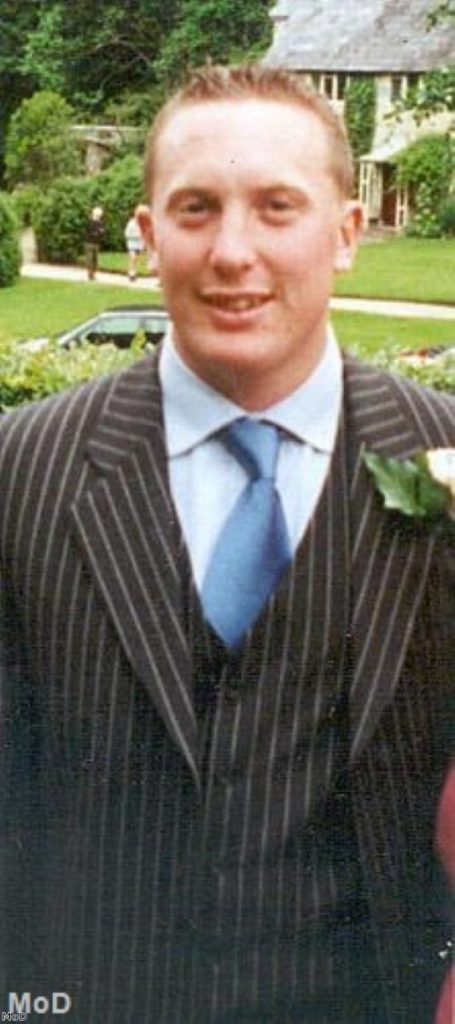MoD failing to prevent friendly-fire deaths
The Ministry of Defence (MoD) is failing to protect troops from friendly fire, MPs have warned.
Despite warnings in 1992 and 2002, the MoD has failed to create adequate combat identification systems to protect British troops from friendly fire casualties, the Commons’ public accounts committee (PAC) has found.
Six service men have been killed by friendly fire in Iraq since the current wave of operations began in 2002 and opposition politicians warn that failure to improve combat identification systems risks further deaths.
“Friendly-fire deaths during the 2003 Iraq war have shown just how important it is to ensure that the firepower of our forces on the battlefield is directed at the enemy – and not at our own servicemen and women or at civilians,” said PAC chairman Edward Leigh.


“But progress by the MoD has been poor.”
The PAC found the MoD has not developed viable identification systems, despite warnings from the committee in 1992 and 2002, and has now been urged by MPs to redress this without delay.
In 2002 the department appointed a dedicated officer to examine friendly fire deaths, but the committee was surprised to find he has no budget or line management responsibilities. The MoD should now consider what impact his appointment has had, the committee recommended.
PAC expressed concern that more than half of the equipment programmes designed to reduce friendly fire casualties have been delayed, deterred or re-scoped over the last four years. The MoD must now adopt a timetable for introducing a credible identification system, MPs warned.
“Our forces are increasingly facing the rigours of real combat, alongside the forces of allied nations, and they cannot wait year after year for the promised solutions to combat identification, only to find that they are as distant as ever,” Mr Leigh concluded.
During operations in Iraq, the MoD had produced 60,000 aide memoir cards to raise awareness of combat identification. However, the department failed to distribute these to troops, citing the general difficulty of distributing supplies in Iraq. MPs noted personnel now receive cards before deployment.
Liam Fox, the shadow defence minister, said it was “unacceptable” the MoD has still not developed a credible identification system, warning failures are costing lives.
He accused the government of failing in its duty to protect personnel and produce an effective identification system, calling on the MoD to redouble its efforts.
Nick Harvey, the Liberal Democrats’ defence spokesman, added: “Increasingly our forces find themselves taking part in joint operations with other countries. This should put the need to tackle the problem of friendly fire at the top of the agenda; instead vital improvements have been left on the shelf at Whitehall.
“If the MoD has a ‘friendly fire’ supremo then that person ought to have the authority needed to do the job. We ask our troops to put their lives on the line, they need to know that the officials back home are doing all they can to protect them.”
The MoD insisted it places a “high priority” on improving identification systems, and armed forces minister Adam Ingram insisted it will “strive to find the best solutions” to minimise friendly fire.
He said: “Incidents of friendly fire are tragic, and are generally caused by a number of complex, inter-related factors – not by the lack of a particular piece of equipment.
“The result will be that combat identification is also improved and the risk of friendly fire is minimised.”
The failure of allied troops to reliably identify each other was underscored during the inquest into the death of lance corporal Matty Hull, who was killed by US friendly fire in Iraq.
Cockpit footage revealed that the US airmen responsible had confused the orange identification panels on his convoy for enemy rocket launchers.












